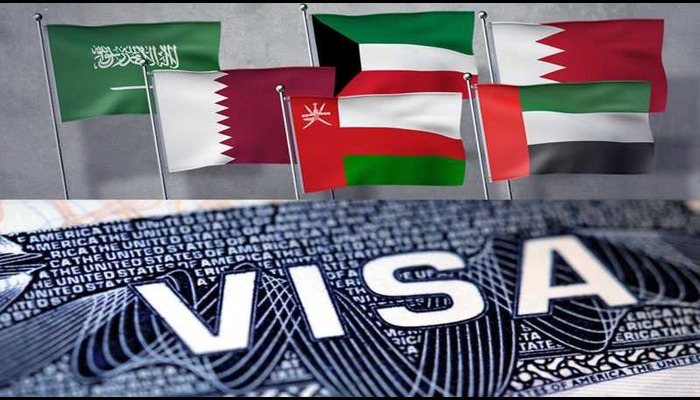Gulf countries to launch schengen-type tourist visa soon
The Gulf region, is set to launch a schengen-type tour visa called Cooperation Council’s (GCC) Grand Tour visa which will allow travellers explore six Gulf member states.
It is set to commence its pilot phase by the last quarter in 2025.
The plan, often compared to Europe’s schengen visa system, plans to mark a strategic milestone in regional integration. It will allow tourists to travel seamlessly between the United Arab Emirates (UAE), Saudi Arabia, Oman, Qatar, Kuwait, and Bahrain under a single permit, with a rollout occuring in stages.
Originally approved by GCC ministers in 2023, the system is now in the advanced stages of digital and logistics integration, and will start with a pilot phase at the end of 2025 before expanding across all member states.
Abdulla bin Touq Al Marri, UAE minister of Economy and Tourism, who also chairs the Emirates Tourism Council, stated that the initiative is designed to enhance the Gulf’s collective appeal as a unified tourism destination.
Read also: How to apply for a 5-year multiple-entry Schengen visa in 2025
Jassim Al-Budaiwi, secretary-general of the GCC, confirmed that the visa framework has reached its final approval and technical phases. The visa application processing will take place through a dedicated digital platform, streamlining access and planning for travellers eager to experience multiple Gulf destinations in one itinerary.
Tourism officials describe it as a key step in positioning the GCC as a globally competitive destination. “This visa will enhance cross-border tourism, stimulate economic development, and boost the region’s reputation as one connected market,” Al Marri said.
Regional tourism network to strengthen
Nigeria was among Dubai’s fastest-growing visitor markets in the years preceding the pandemic. The introduction of the unified GCC visa could now make it easier for Nigerian travellers to combine trips to Dubai with visits to other Gulf destinations, strengthening tourism links across the region.
The Gulf region already represents a major source of intra-regional travel. In 2024, the UAE recorded 3.3 million visitors travelling within GCC countries, accounting for 11 per cent of total hotel guests.
Read also: Nigeria, others top trading partners for Gulf Cooperation Council
In 2024, Saudi Arabia accounted for the largest share of GCC visitors to the UAE, with 1.9 million arrivals representing 58 per cent of the total. Oman followed with 777,000 visitors, or 24 per cent, while Kuwait contributed 381,000 travellers, making up 12 per cent. Bahrain recorded 123,000 visitors (4 per cent), and Qatar rounded off the list with 93,000 visitors, representing 3 per cent of the total GCC arrivals.
These figures underline the Gulf’s interconnected tourism landscape, which the unified visa is set to further expand by reducing travel friction and encouraging longer, multi-country stays.
As the pilot launch of the unified visa is underway, the Gulf is ready for a new era of regional travel. For the first time, visitors will be able to explore all six countries with a single travel document.
If the rollout proceeds as planned, it could redefine how the region presents itself to the world, transforming six borders into one shared gateway for global travellers.

